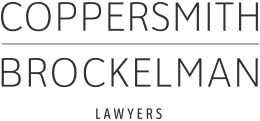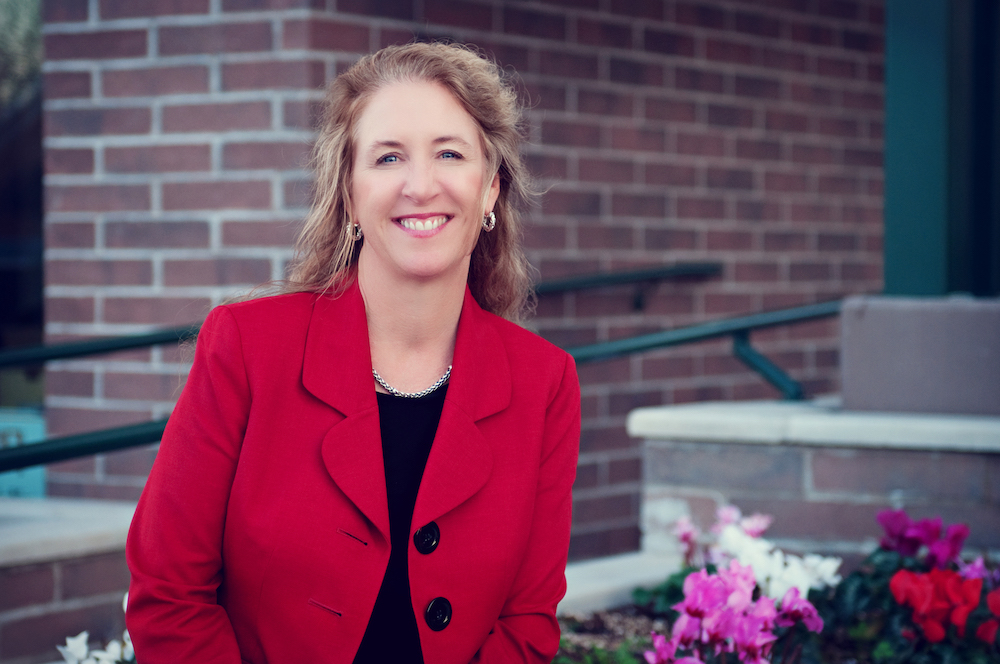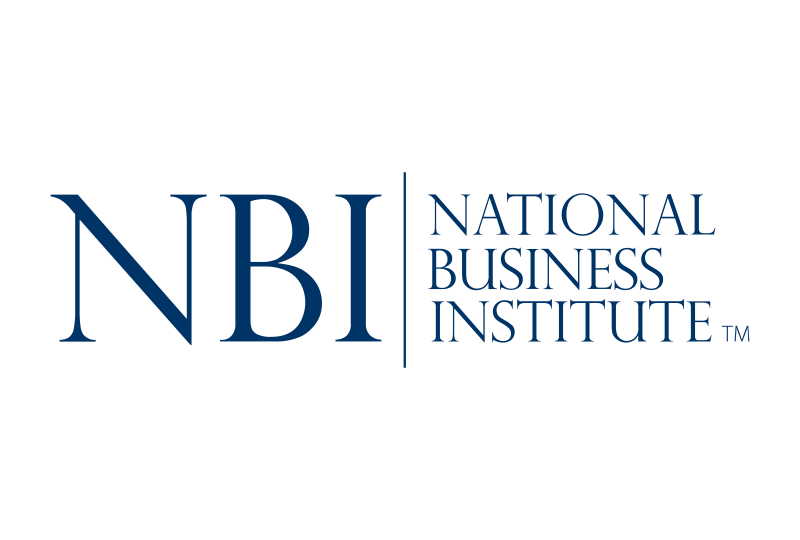COVID-19 LEGISLATION: What Employers Need to Know
In the early morning hours of Saturday, March 14, the U.S. House of Representatives passed the Families First Coronavirus Response Act (Act), which includes two sections providing emergency paid leave rights to employees. After some modifications by the House on Monday, the bill went to the Senate, which overwhelmingly approved it on Wednesday, March 18. President Trump signed it the same day. The two leave-related components of the legislation take effect on April 2, 2020, 15 days after enactment, and sunset (expire) on December 31, 2020. For unstated reasons – but likely a political compromise – the law applies only to private-sector employers with fewer than 500 employees. (It also applies to public agencies of all sizes.) Below is a summary of what such employers need...
Read MoreRead More



